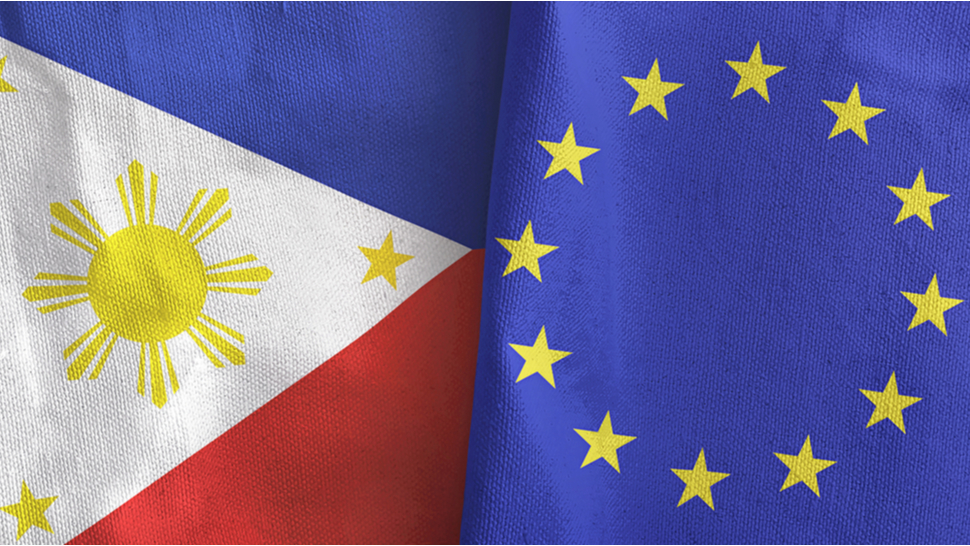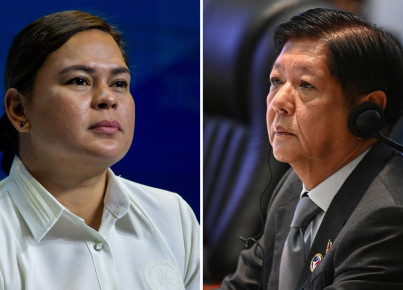At their bilateral summit last July, Von der Leyen and Marcos expressed their intention to conclude a trade agreement 'as soon as possible'. Manila intends to achieve the goal by 2028. The agreement would unlock the still untapped economic potential between the two partners.
Article by Sophia Ordoña (European Chamber of Commerce of the Philippines – ECCP) and Pierfrancesco Mattiolo
The President of the European Commission, Ursula von der Leyen, expressed the intention to resume negotiations for a free trade agreement (FTA) between the EU and the Philippines during her recent and significant visit to the Asian nation at the end of July. The Philippine President, Ferdinand Marcos Jr., in turn, voiced his support for a swift conclusion of the treaty before the end of his term in 2028. Marcos's economic agenda is geared towards a decisive opening of the domestic market: following the liberalization of telecommunications, transportation, and renewable energies, the conclusion of the FTA would mark another significant step in this direction. The Philippines is a strategic partner for Europe and Italy. The economic relations between Rome and Manila are strong; in 2022, they were worth 1.24 billion euros, and the FTA would enhance opportunities in key sectors such as agricultural machinery, infrastructure, and textiles. As a signal of the amicable atmosphere of collaboration between the two countries, the Italian and Filipino Ministries of Tourism started working on a tourism cooperation agreement last year.
The FTA represents an opportunity for both Brussels and Manila. The EU recognizes the Philippines as a like-minded partner in terms of democratic values and sustainable development, situated in a region, the Indo-Pacific, particularly sensitive to the economic and strategic interests of the Union. Deepening ties with the Philippines – and all other ASEAN partners – falls within the de-risking strategy adopted by the EU, meaning cultivating relationships with new trading partners and mitigating the political and economic risks associated with overdependence on countries like China. On the other hand, for the Marcos administration, concluding the treaty by 2028 is a priority not only politically but also economically. Currently, the country benefits from the Generalized Scheme of Preferences Plus (GSP+), which grants many Filipino products tariff-free access to the European market. This favourable regime is set to expire at the end of 2023. Although the Commission has proposed extending it until 2027, the Philippines is close to become a middle-high income economy around 2025. Such ‘graduation’ would initiate a three-year transition period, after which Manila would lose its GSP+ benefits, as the scheme is aimed at supporting low income countries. If concluded before 2028, the FTA would replace the GSP+, thus allow Filipino companies to maintain tariff-free access to the European market for the products under the FTA scope.
From the Philippine perspective, many sectors would benefit from the agreement, such as agriculture and energy. Specifically, the garments sector would see an increase in employment of between 120,000 and 250,000 and exports worth $600 million in the first two years following the implementation of the agreement. The archipelago is also rich in essential raw materials (such as nickel, copper, and chromite) crucial for green technologies. Service exchange could also increase. The Filipino IT-BPM sector is valued at $50 billion and is highly dynamic, making it possible to expand its market share in Europe. For European companies, having greater access to a country that is growing in every aspect – economically (GDP grew by 7.6% in 2022), demographically, and socially, with a young and increasing middle class – would be advantageous. The agreement could finally unlock untapped economic potential: bilateral trade between the EU and the Philippines is relatively low compared to that between Europe and other ASEAN countries, and only 4% of European investments in ASEAN economies are directed towards the Philippines.
Negotiations for the FTA will also have to overcome certain obstacles. The protection of intellectual property rights (IPRs) was one of the most sensitive issues in previous negotiation rounds between the two partners, but now it might be easier to find common ground, as the Philippines has been removed from the European Commission's IPR watch list since 2019. The chapter on IPRs in the future FTA would likely include stronger rules for protecting geographical indications of European and Italian food products. Finally, von der Leyen indicated the need for deeper alignment between the two partners on environmental and labour protection matters. The President of the Commission also acknowledged the progress made by the country in terms of human rights, and the ongoing bilateral dialogue aims to address the remaining open issues. These obstacles can become opportunities if the FTA manages to include effective rules in these areas. An agreement would represent an opportunity for growth not only in the economic sense but also politically and socially for both partners.






